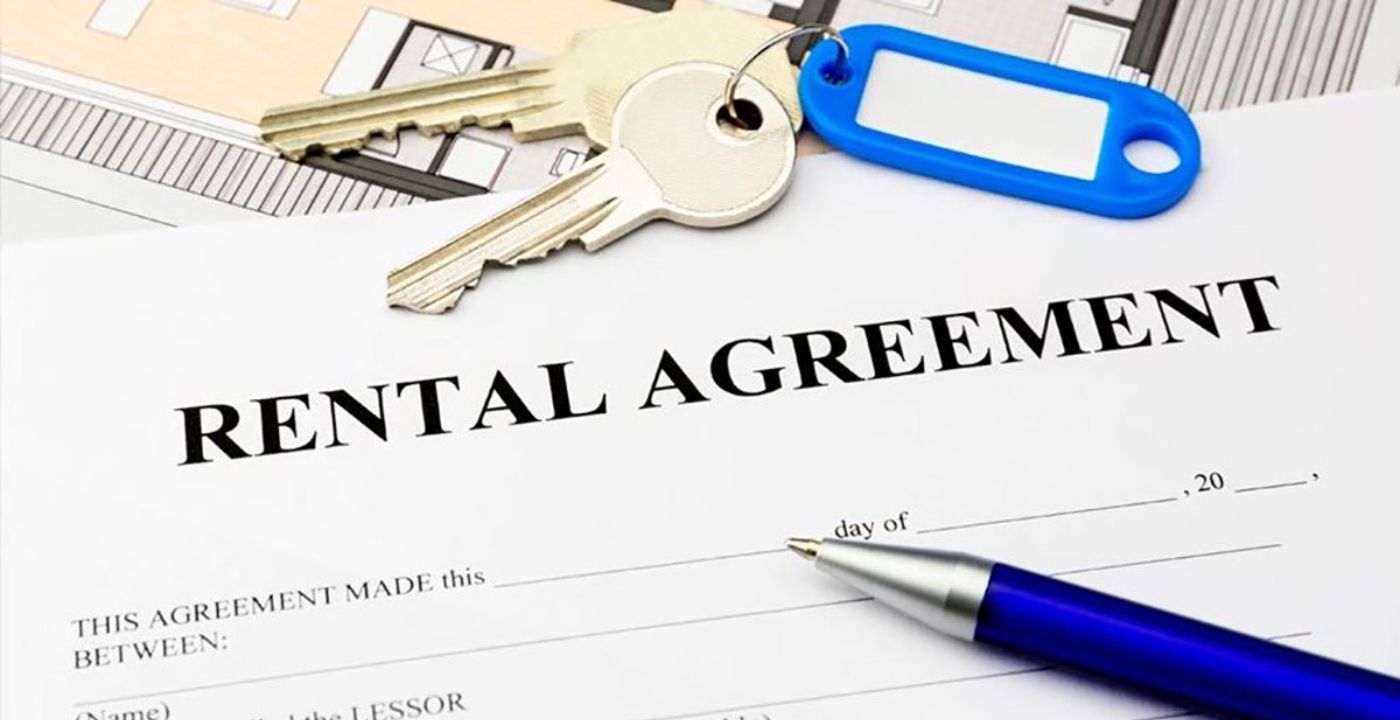
Renting out your house can be a great way to generate steady, passive income, but it requires careful planning and a lot of work.
In this guide, we will provide a step-by-step overview of the whole process so you know everything you need to know for how to rent out your house.
Key Takeaways
- Nearly half of all landlords use agents for letting services whilst one in five use third parties for property management
- Renting out your house can be a good way to earn passive income but bear in mind the rule of thumb – approximately half of your rental earnings will need to go back into the property in one way or another (maintenance, repairs etc.)
- If you intend to rent out your house as a House of Mulitple Occupation you will need to acquire a license from your local authority
Now is a great time to rent out your house. Private rental prices paid by tenants in the UK rose by 4.7% in the 12 months to February 2023, up from 4.4% in the 12 months to January 2023.
Can I Rent My House Out?
This is the first question you need to answer. Whilst this is generally a straightforward “yes” in most situations, that isn’t always the case.
Selective Licensing
The Housing Act 2004 gave local authorities the right to introduce selective licensing on privately rented homes. If your property is located in a council district that has a selective licensing scheme, then you might need to secure a license before you can rent out your house.
Over 50 councils currently operate selective licensing schemes, so it’s vital to check if your local authority is one of them.
House in Multiple Occupation License (HMO)
Your property will probably be subject to mandatory licensing requirements if you intend to rent your house out as an HMO.
A House in Multiple Occupation (HMO) is defined by the government as “…a property rented out by at least 3 people who are not from 1 ‘household’ (for example a family) but share facilities like the bathroom and kitchen. It’s sometimes called a ‘house share’.”
If you are intending to rent your property as an HMO to fewer than five people, then you may or may not need a license (check with your council).
If you are planning to let your house to more than 5 people, it could be considered as a “large HMO” which automatically requires a license. Your property will be considered as a large HMO if all the following criteria are met:
- it is rented to 5 or more people who form more than 1 household
- some or all tenants share toilet, bathroom, or kitchen facilities
- at least 1 tenant pays rent (or their employer pays it for them)
How to Rent Your House Out
Okay, so you’ve confirmed whether or not you need a license to rent out your property, everything’s hunky dory, and now it’s time to get to work… but where do you start?
Is the primary goal simply to make as much money out of the property as you can, or would you be happier with a little less income and a lot less work?
Could the property work as a seasonal rental where you only take bookings for 6 months of the year? Or do you want the property occupied throughout the entire year?
If you want it to generate income for twelve months a year, is the best way to do this by securing long-term tenants with a traditional tenancy, or perhaps would registering the property with short-stay holiday apps like Airbnb work out to be more profitable?
These are all important considerations, but we appreciate that most landlords are primarily interested in traditional, long-term tenancies because they are less labour-intensive and time-consuming, and also provide a much more reliable form of income – so that’s going to be our point of focus from now on.
Researching Rental Prices

Before you start renting out your property, it’s best to get an idea of the amount of rent you can reasonably expect it to earn.
This is easily done by researching similar properties in the same area with the numerous online estate agents like Zoopla or Rightmove.
However, don’t limit yourself to online resources alone. It is well worth visiting a number of local estate agents who could very likely provide valuable insights into the area and current property market that won’t be forthcoming in your online research.
Informing Your Mortgage Provider
If you have an outstanding mortgage on the property you intend to rent out, it is essential to inform your mortgage provider.
Most residential mortgages in the UK have terms that require the property to be occupied by the listed owner.
Switching from your residential mortgage to a buy-to-let mortgage, or obtaining consent to let from your existing provider may be necessary – failure to inform your mortgage provider may result in a breach of contract.
Preparing the Property

After you’ve attended to everything above, it’s time to prepare your property for listing and taking on tenants.
Before advertising your property, it is crucial to ensure it is in a suitable condition for tenants:
- Clean and Declutter: Ensure the property is clean and presentable, removing any personal belongings or clutter.
- Repairs and Maintenance: Address any necessary repairs or maintenance tasks, ensuring that the property is safe and in good working order.
- Furnishing and Equipping: Decide whether to rent out the property furnished or unfurnished, considering the target market and potential rental income. Furnishings should be in good condition and comply with safety regulations.
- Safety Considerations: Install smoke detectors, carbon monoxide alarms, and fire extinguishers where necessary. Ensure gas and electrical installations are checked and certified by qualified professionals.
Landlord responsibilities – full list.
Advertising and Tenant Selection
When advertising rental property, use online platforms, local newspapers, and estate agents to reach potential tenants.
You should create as attractive a listing as you can with detailed descriptions, high-quality photos, and accurate rental information.
Once inquiries start coming in, establish a screening process to select reliable and suitable tenants.
This should include conducting reference checks, credit checks, and verifying employment or income to assess the tenant’s ability to meet rent payments.
Tenancy Agreements

Once you have identified your potential tenants and they have successfully cleared all the credit and tenant referencing it is time to draw up the tenancy agreement.
The tenancy agreement is a legally binding document that outlines the landlord’s and tenant’s rights and responsibilities.
It is crucial to have a well-drafted tenancy agreement that covers essential details such as the duration of the tenancy, rent payment terms, maintenance responsibilities, and any additional clauses specific to your property.
It is prudent to seek legal advice or use a professional lettings management company to ensure compliance with current regulations and legislation.
Property Management and Maintenance
Managing your rental property involves regular communication with tenants, handling rent collection, and addressing maintenance requests promptly.
If they haven’t already, it is at this stage when landlords consider hiring a letting agent or property management company to handle day-to-day operations.
For a modest fee, they will manage everything throughout the entire rental term including carrying out regular property inspections, maintenance issues and all communications with your tenants.
FAQs
Can I rent out my residential house?
Yes, but you must inform your mortgage lender if you have a residential mortgage on the property. You may need to switch to a buy-to-let mortgage.
How long do you have to own a house before you can rent it out in the UK?
This will vary between different mortgage lenders but usually, you will need to have been in the property for at least 6-12 months.
Unless, of course, you own the house outright – in which case it is entirely up to you!
Do you need planning permission to rent your house?
No, you do not need planning permission to rent a house
Conclusion
Renting your house out is a smart investment but it involves many steps, from researching rental prices to tenant selection and then long-term property management. It really can be quite a lot of work…
Understanding the different types of lettings, informing your mortgage provider, and ensuring compliance with legal requirements are all crucial for a successful tenancy.
This is why many landlords opt to use the services of property and lettings management companies like us here at MMC Manchester.
If you are looking to rent a property out, and are thinking of using a professional company to handle that process for you, please do get in touch – we’d love to discuss how we can help!




